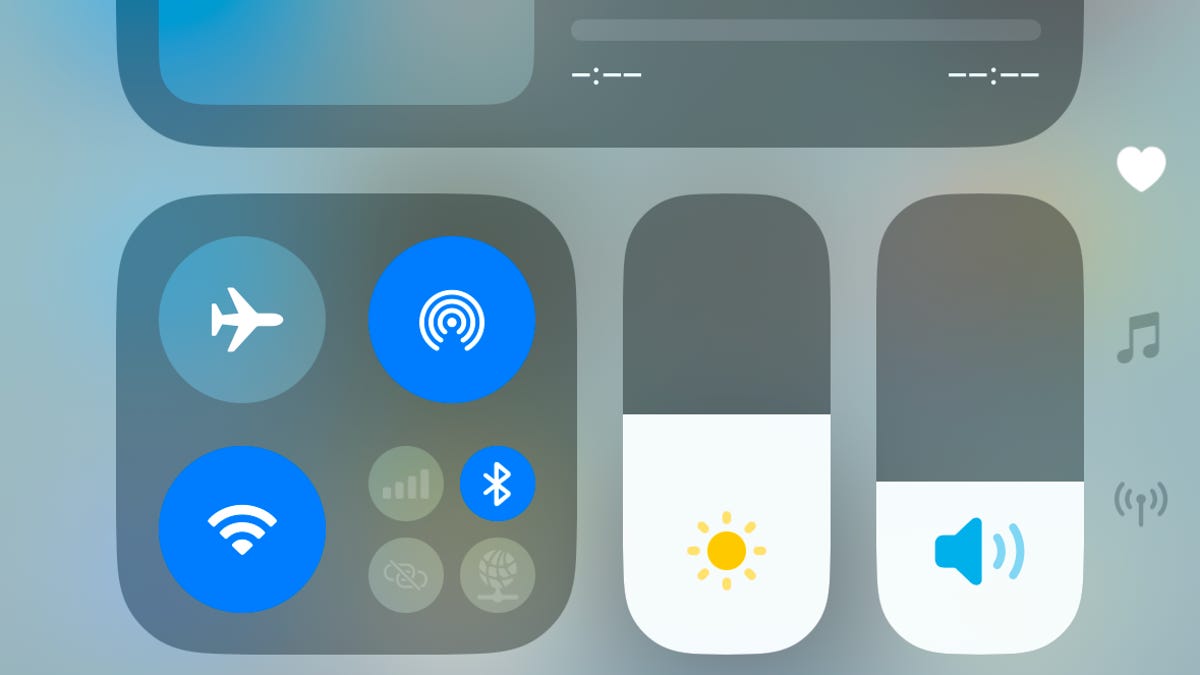I’m a very casual gamer; I typically enjoy relaxing puzzle games on my phone, like Two Dots. I’ve never owned a dedicated gaming PC or console. But after getting a new iPhone and learning that it could run the latest Assassin’s Creed, my curiosity was piqued.
When Assassin’s Creed Shadows comes out, on Feb. 14, 2025, it’ll be the first Assassin’s Creed title to run natively on the Mac. But instead of waiting until next year, I realized I could already play the 2023 game Assassin’s Creed Mirage on my iPhone, and I could use my Mac to enhance the experience.
I was itching to test the limits of my iPhone 16, especially since Apple had made a point of announcing that its A18 chip could handle AAA games. I was a little skeptical — could this mobile device that I mainly use for answering emails and watching YouTube really replicate an experience that was optimized for a PS5, Xbox or gaming PC?
I wanted to get as close to that experience as possible, so I borrowed a friend’s DualShock controller and paired it to my phone with Bluetooth. Using screen mirroring, I projected my iPhone’s display onto my MacBook, which was connected to an external monitor. Then I opened Assassin’s Creed Mirage on my phone and it appeared on my monitor, ready for me to play.
Here’s what I discovered.
AAA games work on the iPhone. But manage your expectations
I played the prologue of Assassin’s Creed Mirage on my iPhone with the graphics set to medium. The whole time, I had my controller paired with my phone, which mirrored seamlessly on my MacBook’s external display.
Along with having a much larger screen to see all the gameplay action, I had the benefit of using my MacBook’s speakers, which are louder and fuller than my phone’s. I set my phone aside. Then I sat back and immersed myself in the game, moving my character, Basim, through the world of ninth century Baghdad.
Assassin’s Creed Mirage running on my iPhone, screen mirroring on my Mac.
It wasn’t the smoothest experience. At multiple points in the game, Basim was being chased by hostile NPCs, and I got frustrated when his movements became jagged and hard to control. (For any readers who may not know, NPCs are nonplayable characters.) Cutscenes were especially difficult to get through, and after each one, I’d experience high latency (more lag in response time) when I returned to the gameplay. It broke the feeling of immersion, and sometimes forced me to close the app and restart the game.
I quickly realized that this setup isn’t a proper console substitute. My phone became uncomfortably hot at a few points while I played, and the high latency and stuttering graphics weren’t ideal for a game that emphasizes movement and speed. At the highest graphics setting, the iOS port of Assassin’s Creed Mirage seems downright unplayable to me. It won’t do the trick for hardcore gamers who want fluid action and expect to see crisp lines and dirt in the corners.
But something surprised me each time I had to close the app: I’d find myself back on my iPhone’s home screen. I’d remember that this full-scale version of the latest Assassin’s Creed game was running on my phone. Not even a gaming phone like the ROG Phone 9 Pro, but a base model iPhone 16 — the same device I normally use to play Two Dots.
Mobile gaming has come a long way indeed.
You can use screen mirroring to play other iOS games on a larger display
My friend who lent me his DualShock controller suggested some other games to test out. Diablo Immortal, Undecember and Genshin Impact all ran smoothly with my controller and screen mirroring setup. They feel like ideal games to play with a larger screen because their detailed maps and animations are harder to appreciate on a phone. And because these games were designed primarily for mobile platforms, they don’t make my phone run hot like Assassin’s Creed Mirage does.
Screen mirroring can be toggled on and off in the iPhone’s control center and requires a Mac. You can use the same feature to mirror from an iPad to a Mac, so this setup works if you want to play an iPad game on a Mac screen.
The screen mirroring icon in iOS.
This ability to mirror iPhone/iPad games on a large screen is also useful for certain games that have differently priced mobile and desktop versions. The mobile version tends to be cheaper.
For instance, Minecraft for iOS/Android costs $7, but for PC/Mac it’s $30. I bought Minecraft for iOS, and I’ve been playing it with the same setup. Sure, I have to make do with letterboxing on my monitor, because of my phone’s wider aspect ratio, and there are minor UI differences between mobile and desktop, but for a casual gamer like me, it’s a perfectly good work-around.
Screen mirroring mobile games is practical only if the game has an option that lets you play with a controller (unless you’re coordinated enough to use your phone’s controls while looking at your computer’s screen). Luckily, there’s a growing number of such games. Other AAA titles, like Death Stranding Director’s Cut and Resident Evil 4, are currently available on the iPhone 15 Pro, iPhone 16 and iPhone 16 Pro models, and Once Human will be available in January.
If you have another device that can run these games, you should probably still go with that option — especially since you’re paying the full price no matter which version you buy (Assassin’s Creed Mirage is $49.99 for iOS). But if you only have the iOS versions of these titles, and you already have a Mac, it’s worth trying this screen mirroring setup to get the most out of mobile gaming.
I’ve loved playing Assassin’s Creed Mirage with my iPhone and Mac so far. For the longest time, I didn’t think Apple devices could run “real” games. But now, seeing what an iPhone is capable of, I believe Apple is finally building devices that’ll handle even the most demanding AAA titles.
I probably won’t be rushing out to buy new gaming hardware anytime soon, but I’m eager to check out Assassin’s Creed Shadows when it arrives next year, and I already have my eye on other upcoming releases, like Cyberpunk 2077 for the Mac.








